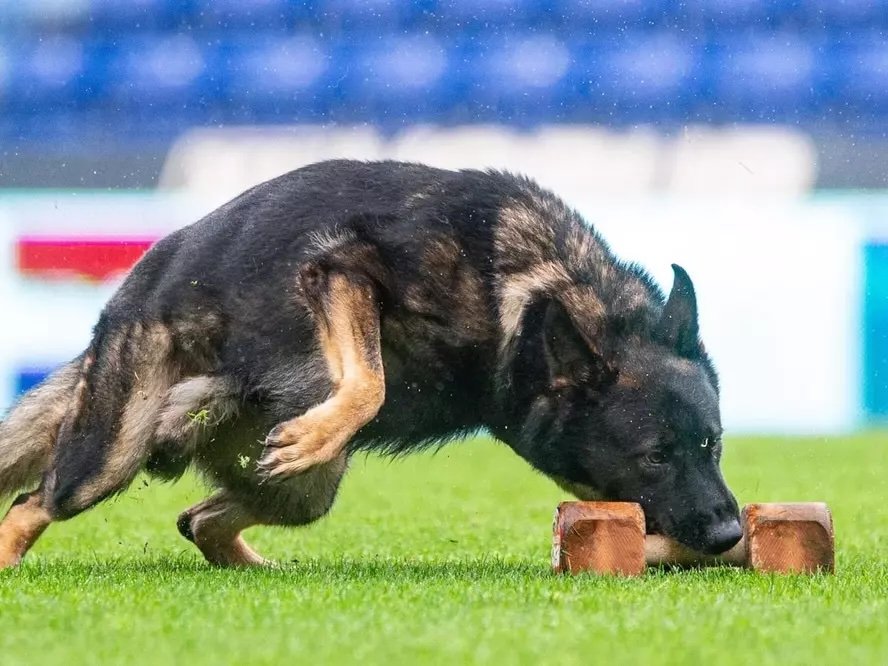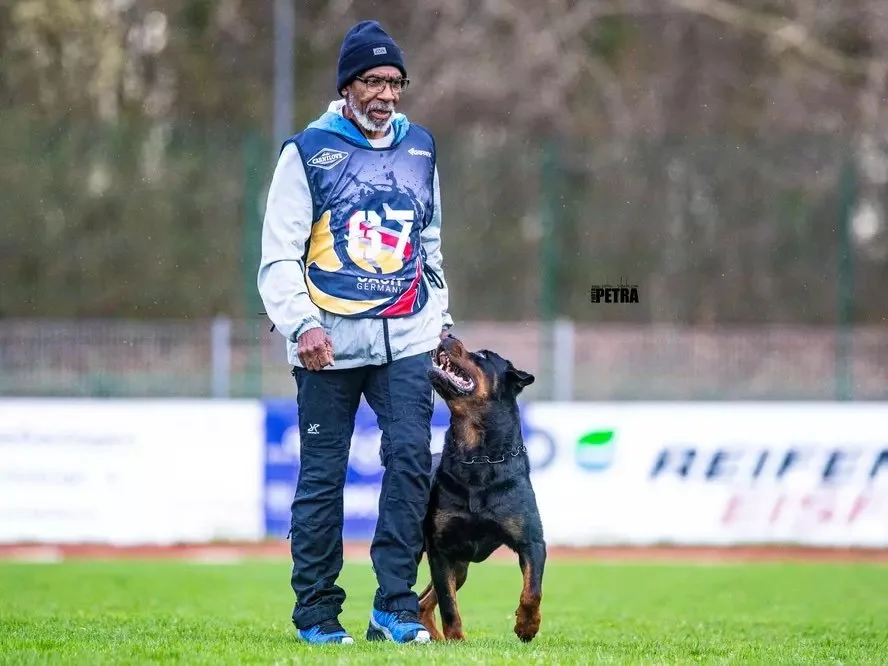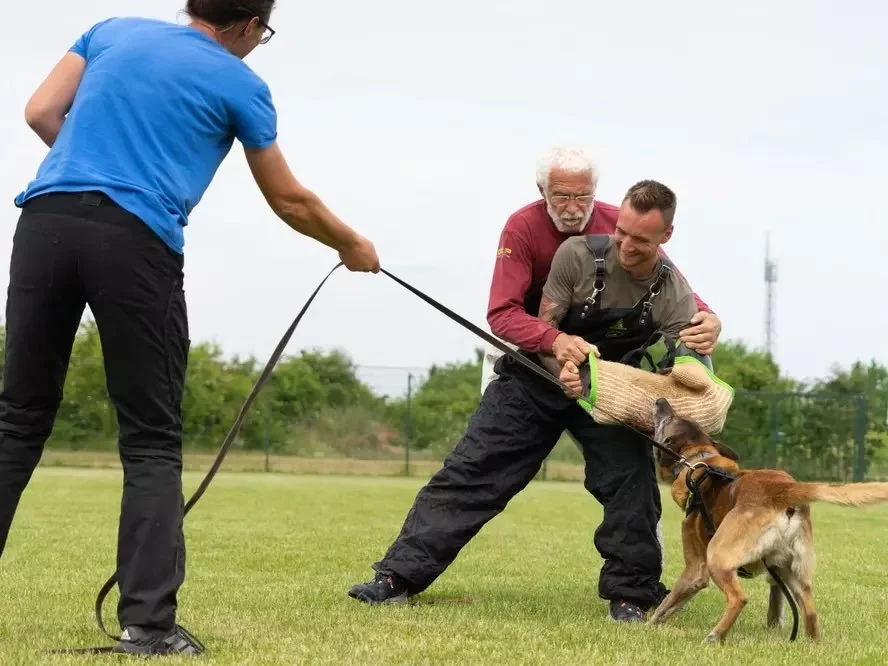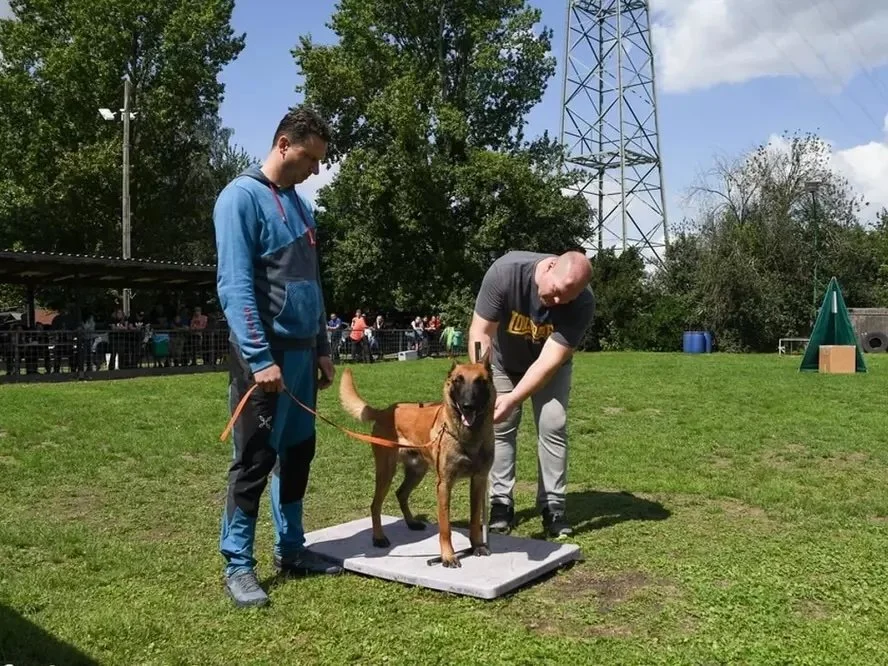UNESCO Declares Working Dogs as Intangible Cultural Heritage
In 2008 the UNESCO established its Lists of Intangible Cultural Heritage with the aim of ensuring better protection of important intangible cultural heritages worldwide and promoting awareness of their significance. The compendium documents different oral and intangible treasures of humankind worldwide, in the hopes of safeguarding such heritage, cultural diversity, and creative expression.
As of 2025, Working Dogs, including the sport of Internationale Gebrauchshund Pruefung (IGP), have been added to the list of Intangible Cultural Heritage for Germany and beyond. This inclusion is a huge milestone for those of us who take pride in the bond we share with our working dogs, and the years of training and effort that goes into showcasing their incredible abilities.
You can read the full article (in German) at UNESCO.de
An English translation is provided below (Provided by Google Translate)
Intangible cultural heritage
Working dogs
Cooperation between humans and dogs in the areas of searching, protecting and assisting as a cultural practice.
Facts
Year of admission: 2025
Distribution: Germany-wide and beyond
Central date: All year round
Area: Knowledge and customs related to nature and the universe
Working dog training encompasses the targeted training of dogs for various welfare-oriented tasks to assist humans. These include search and rescue missions, assistance for people with disabilities, and the protection and guarding of property. Since the domestication of dogs around 15,000 years ago, the close cooperation between humans and animals has continued to develop and has been structured into clubs and organisations. This practice combines traditional knowledge with modern scientific findings and contributes to both the safety and quality of life of society.
As an intangible cultural heritage, working dog education transmits knowledge of breeding and training and is based on the humane treatment of dogs. Through clear ethical and professional standards, working dog education promotes responsible dog ownership. Working with dogs for human use creates identity for numerous communities and is a universal practice applied in diverse cultural contexts around the world. At the same time, the history of the use of dogs in warfare requires critical reflection in order to uphold ethical standards in the treatment of working dogs and to question past abuse and prevent it in the present and future.
Images © working-dog.com
People can actively participate in working dog training by joining clubs, participating in exams or competitions, or qualifying as trainers. Numerous exams and events take place annually at the national and international level, including working dog trials, rescue dog competitions, and public relations demonstrations. Interested parties can acquire the necessary knowledge through seminars, workshops, or training courses and thus become part of this traditional cultural form.




